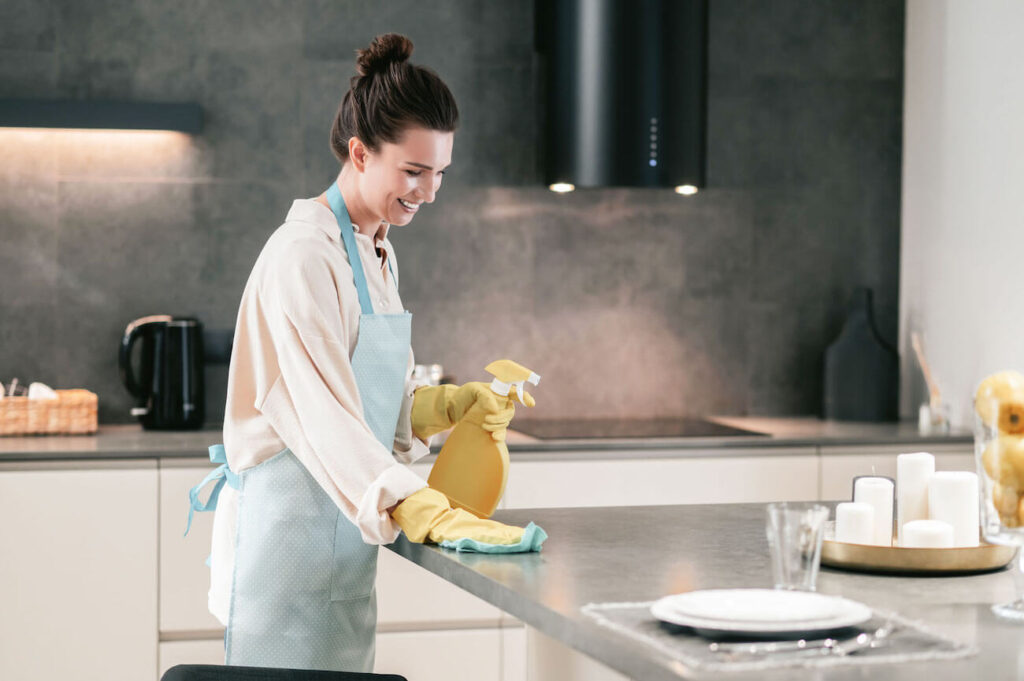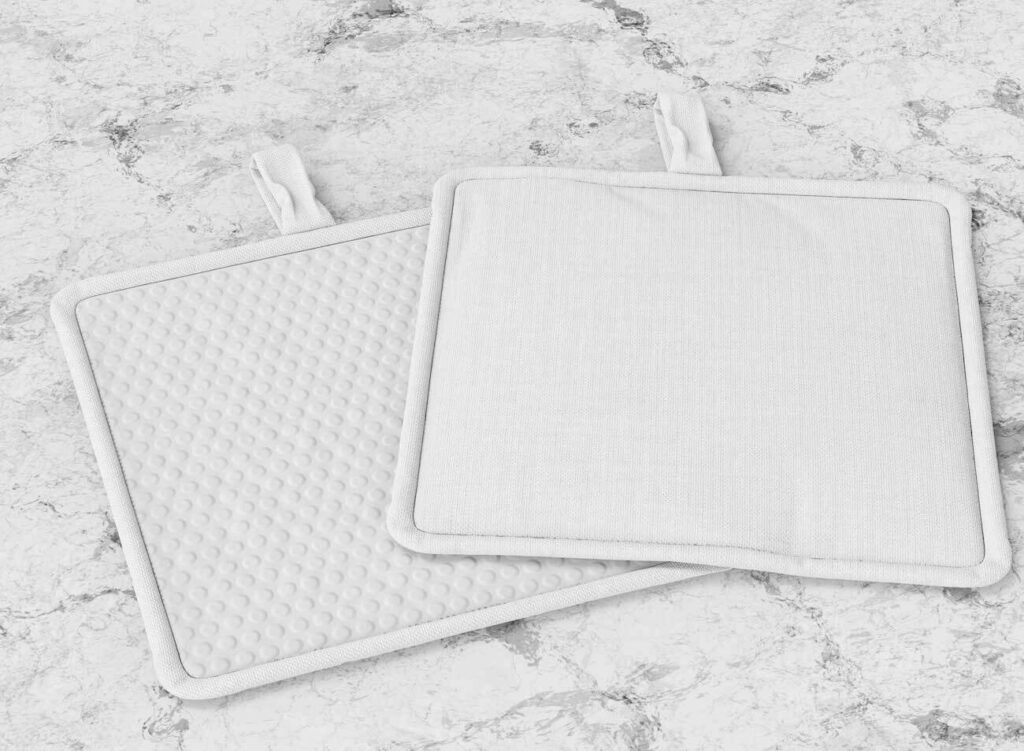For granite countertops, annual re-sealing is a good idea, not all stone countertops require a seal but may benefit from a quality sealer product. Select a penetrating sealer for natural stone. Only use products specifically designed for natural stone, and ideally for granite specifically. Re-sealing every year will ensure that your stone countertops are well protected and will be more resistant. It is a must for marble, travertine and limestone.





